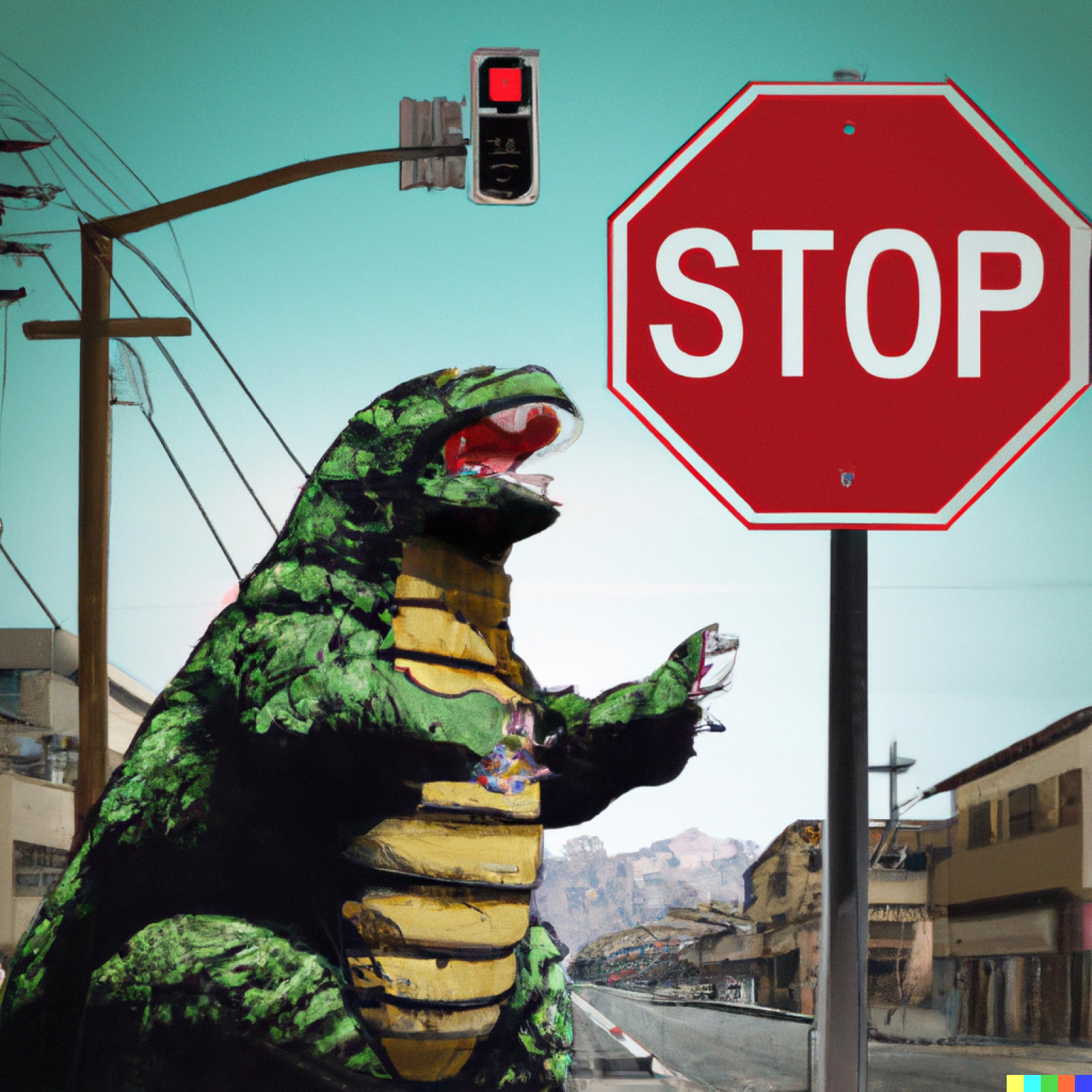ChatGPT raises new potential for NFTs

Photo: OpenAI's DALL-E

AI is here with a quickly-growing army of bots that will happily make anything a user commands, be that do their homework, write them a song, draw them concept art of a film they wish had happened – and undoubtedly more to come. ChatGPT was but the tip of the iceberg that has now hit the ship of web 2.0. Content production – which basically underpins the digital entertainment economy – has just been radically altered, and there is no going back.
MIDiA will be publishing full reports on the broader topic of AI first thing in February and in March (so stay tuned). However, the low-down is this: a proliferation of AI content will flood an already-saturated content marketplace, in the context of the attention recession. Creative behaviours are already becoming normalised with a variety of readily available, free, consumer-facing tools (video editing, sound editing, image editing) and platforms to post them on and get widespread feedback. Creation, not consumption, is increasingly the consumer preference for how to engage with their interests and fandoms, and ChatGPT and its ilk will equip them further.
Already, issues are emerging. The AI’s draw from datasets, which have largely been scraped, from across the internet for ‘academic purposes’. This means when the datasets were created, they did not have to work with commercial considerations, like attribution or copyright – with no attribution or remuneration models in place to compensate artists for the use of their original works, even if the AI-generated content is then used for commercial purposes (which it now already is).
Here is what that means in plain English. When DALL-E bot is queried “a stop sign being eaten by Godzilla”, it will draw from a bank of existing images that have been tagged with those prompts (this is what years of ‘prove you are not a robot’ image selection captchas have been doing). These original images will have been drawn, or photos will have been taken, or concepts will be owned by actual living human contributors. The same goes for the new music-centric AIs, like OpenAI’s newly announced JukeBox. If a user queries it to create a song featuring Dua Lipa using a track in the style of 80’s disco, it will draw the elements of what it creates from tracks by Dua Lipa and 80’s disco DJs.
Featured Report
AI futures Culture wars
AI is transforming culture, entertainment, business, and society at a rate unprecedented in the digital era. Unlike previous tech, AI is evolving at the speed of computing, not the human brain. Delivering as quickly as it promises, AI is breaking the mould.
Find out more…At the top level, those original artists and creators will not be credited, and will not receive remuneration for their work that is now being reused through the AI generators. The second-order impact is that the reality of their portfolios can be called into question. Original songs can be dismissed as AI creations, and AI creations can be mistaken for real songs, changing perceptions of the artist’s brand, voice, and messaging. There are already lawsuits emerging against the digital image generators; it is only a matter of time before they hit the other AIs as well.
However, from challenge comes opportunity. What could solve the issue of accreditation, allowing real artists to claim their own work (and be compensated for it)? What could clear the waters of digital entertainment, distinguishing original content from AI creation? If only there was some sort of digital certificate, or token, that could mark something as entirely original and include all the metadata of attribution and ownership. Oh, wait…
NFT companies should be jumping on this opportunity now, solving the problem before it grows too big to handle. Much like railroad tracks were invented before trains, it seems NFTs emerged as an aesthetic choice well before the most natural pragmatic use case for them came to light. Interesting times are ahead – but perhaps some of the infrastructure we will need to navigate them is already with us.

The discussion around this post has not yet got started, be the first to add an opinion.